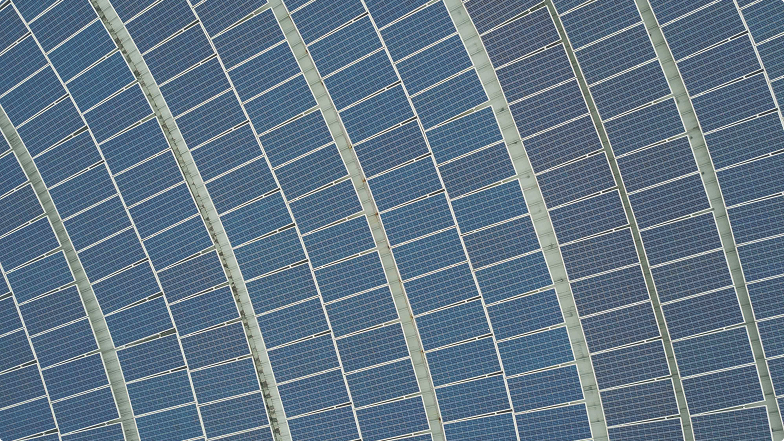Preliminary Market Consultation
This Preliminary Market Consultation (PMC) will assess the market readiness for nearshore floating solar technology projects, specifically photovoltaic farms, in the Maltese Islands.
The PMC aims to solicit proposals from operators for the deployment of floating solar technology projects, including photovoltaic farms, within the zone extending up to twelve (12) nautical miles off the coast of the Maltese Islands.
This initiative will facilitate the evaluation of investor interest, allowing the Government of Malta to assess the current market preparedness for such projects and support the technical studies being undertaken to proceed with a potential issuance of a competitive call for offers.
The identified offshore area and the proposed cable route are preliminary and will need to be confirmed or adjusted as necessary through further seabed studies.
- New floating solar farms in specific nearshore areas within Malta’s territorial waters.
- An initial site, 4 NM outside Malta’s coast, was identified as a potential location for these solar farms, subject to confirmation upon further technical and environmental studies.
- Following preliminary studies, the identified potential location has been allocated a potential capacity of 50MW
- The PMC invites Economic Operators to submit information based on the identified potential location, or any other location deemed feasible for such projects.
- The proposed site should not lead to any significant visual impact from coastal areas and other viewpoints on land. In contrast to wind turbines, solar technologies are not installed at high level.
- The floating solar farms in the site identified will be connected to the national grid directly to Dellimara. Several government entities were consulted to confirm that such connection is possible. Further studies will be conducted once the project concept matures, in line with the submissions received through this PMC and additional technical studies.
- Malta, strategically located in the middle of the Mediterranean and benefiting from high solar irradiation, is an ideal location for solar installations. Considering that offshore floating solar farms are still in their infancy, Malta has a prime opportunity to lead the way and demonstrate the commercial viability of such technologies.

Why consider floating solar farms for Malta?
Floating solar farms utilise water bodies, maximising the use of available space without competing for valuable land resources.
The reflective nature of water can enhance the efficiency of solar panels, potentially increasing energy generation compared to traditional land-based solar farms. In addition, since photovoltaic technologies tend to be less efficient at high operating temperature, floating solar farms can potentially generate more energy than onshore installations due to lower operating temperatures achieved through the offshore surroundings.
Implementing solar technology on water minimises environmental impacts, preserving natural habitats and ecosystems, especially in sensitive land-based areas.
Due to minimal visual impact when compared to wind turbines, floating solar farms can be located closer to shore. Proximity to coastal areas can reduce transmission losses as energy generated is closer to where it is needed, improving overall efficiency.
Floating solar systems can be designed to accommodate varying water depths, making them versatile for deployment in different aquatic environments.
Investing in floating solar farms enhances energy diversification and reduces dependence on external sources, fostering greater energy independence for the island leading to energy security.
Implementing floating solar technology can pave the way for the development of other technological innovations and environmentally friendly energy solutions. This will position Malta as a leader in energy innovations and lay the groundwork for Malta to become a green energy hub.
Register
Interested companies can Register as Suppliers through the ePPs platform. Once registered and associated to this PMC, the designated contact within the organisation will continue to receive any information on updates and clarifications that may be made during the PMC publication period.
All responses to this PMC need to be made in English. Responses must be uploaded through the ePPs platform, as per instructions given in the PMC document, by 24th April 2024 at 11.00.








